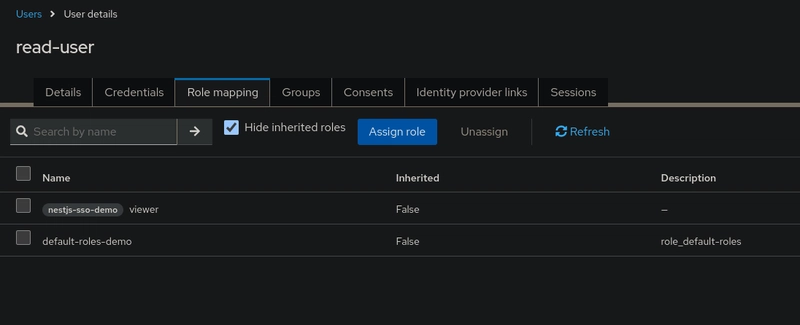`ref` and `unsafe` in Async and Iterator Methods — Unlocking `Span<T>` in C# 13
ref and unsafe in Async and Iterator Methods — Unlocking Span in C# 13 Starting in C# 13, the language lifts one of its long-standing restrictions: the inability to use ref struct types, ref variables, or unsafe contexts in iterator (yield) or async methods. This evolution is critical for developers working with performance-sensitive data, particularly through types like: System.Span System.ReadOnlySpan Custom ref struct types Let’s dive deep into what this change allows, what restrictions remain, and how it helps you write better, faster, and safer C# code. Old Limitation: No ref in async or yield Before C# 13, you couldn’t declare or use: ref locals or ref struct variables in async methods ref locals or ref struct variables in iterator methods unsafe code blocks inside iterator methods This made it impossible to use Span, a high-performance, stack-only data structure, in any method that returned a Task, or used yield return. What’s New in C# 13? C# 13 partially lifts these restrictions: ✅ You can declare ref locals and ref struct variables in async methods ✅ You can use unsafe code in iterator methods ⚠️ But you cannot access those ref locals across an await or yield return This strikes a balance between safety and power. The compiler enforces boundaries to ensure memory safety. Example: Using Span in Async Method public async Task ProcessAsync() { ReadOnlySpan span = stackalloc byte[10]; Console.WriteLine(span[0]); await Task.Delay(100); //

ref and unsafe in Async and Iterator Methods — Unlocking Span in C# 13
Starting in C# 13, the language lifts one of its long-standing restrictions: the inability to use ref struct types, ref variables, or unsafe contexts in iterator (yield) or async methods.
This evolution is critical for developers working with performance-sensitive data, particularly through types like:
System.SpanSystem.ReadOnlySpan- Custom
ref structtypes
Let’s dive deep into what this change allows, what restrictions remain, and how it helps you write better, faster, and safer C# code.
Old Limitation: No ref in async or yield
Before C# 13, you couldn’t declare or use:
-
reflocals orref structvariables inasyncmethods -
reflocals orref structvariables in iterator methods -
unsafecode blocks inside iterator methods
This made it impossible to use Span, a high-performance, stack-only data structure, in any method that returned a Task, or used yield return.
What’s New in C# 13?
C# 13 partially lifts these restrictions:
- ✅ You can declare
reflocals andref structvariables inasyncmethods - ✅ You can use
unsafecode in iterator methods - ⚠️ But you cannot access those
reflocals across anawaitoryield return
This strikes a balance between safety and power. The compiler enforces boundaries to ensure memory safety.
Example: Using Span in Async Method
public async Task ProcessAsync()
{
ReadOnlySpan<byte> span = stackalloc byte[10];
Console.WriteLine(span[0]);
await Task.Delay(100); // 








































































































































































![[The AI Show Episode 146]: Rise of “AI-First” Companies, AI Job Disruption, GPT-4o Update Gets Rolled Back, How Big Consulting Firms Use AI, and Meta AI App](https://www.marketingaiinstitute.com/hubfs/ep%20146%20cover.png)


























































































































![[DEALS] The Premium Python Programming PCEP Certification Prep Bundle (67% off) & Other Deals Up To 98% Off – Offers End Soon!](https://www.javacodegeeks.com/wp-content/uploads/2012/12/jcg-logo.jpg)














































































































































_Aleksey_Funtap_Alamy.jpg?width=1280&auto=webp&quality=80&disable=upscale#)
_Sergey_Tarasov_Alamy.jpg?width=1280&auto=webp&quality=80&disable=upscale#)









































































































![Apple Foldable iPhone to Feature New Display Tech, 19% Thinner Panel [Rumor]](https://www.iclarified.com/images/news/97271/97271/97271-640.jpg)
![Apple Developing New Chips for Smart Glasses, Macs, AI Servers [Report]](https://www.iclarified.com/images/news/97269/97269/97269-640.jpg)
![Apple Shares New Mother's Day Ad: 'A Gift for Mom' [Video]](https://www.iclarified.com/images/news/97267/97267/97267-640.jpg)
![Apple Shares Official Trailer for 'Stick' Starring Owen Wilson [Video]](https://www.iclarified.com/images/news/97264/97264/97264-640.jpg)











































































































